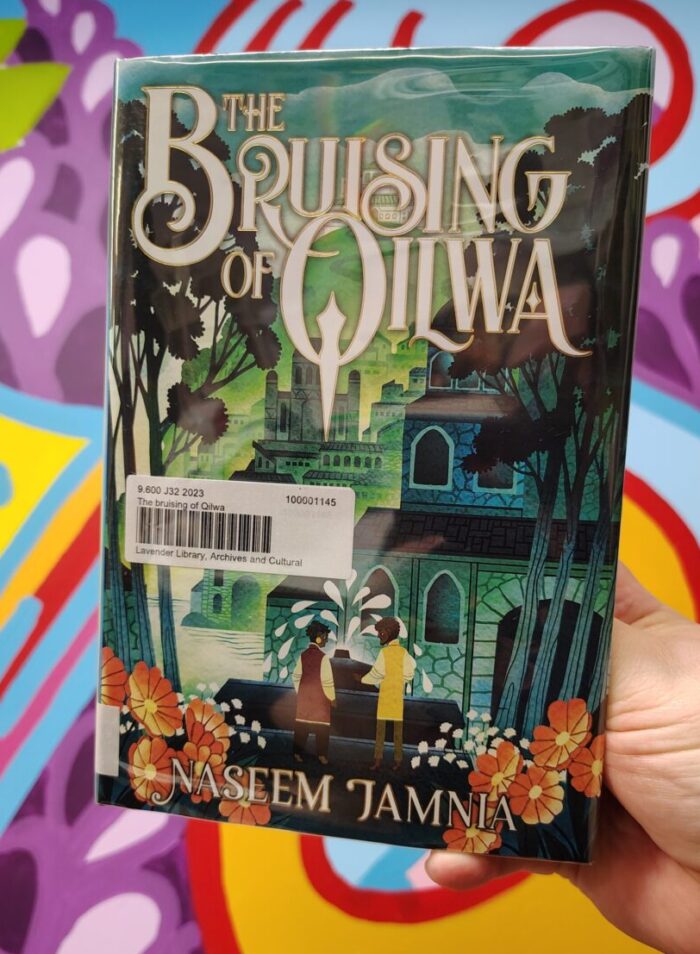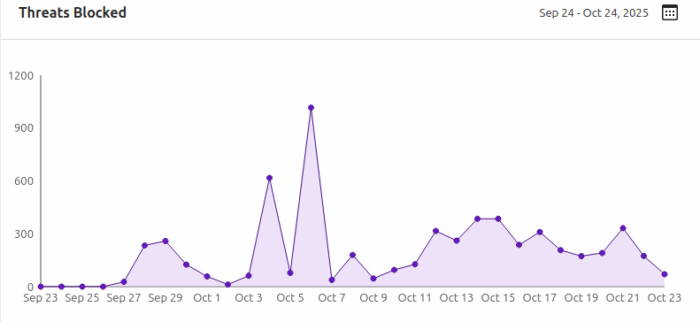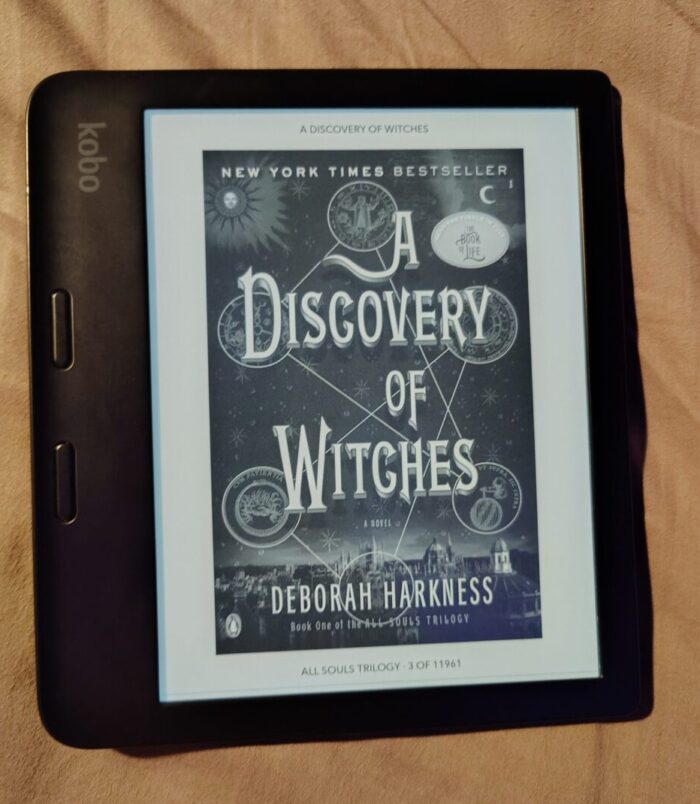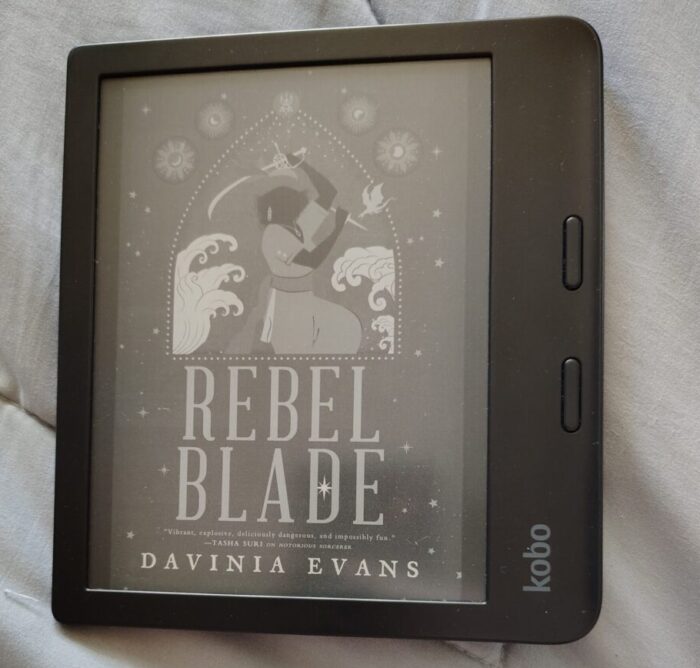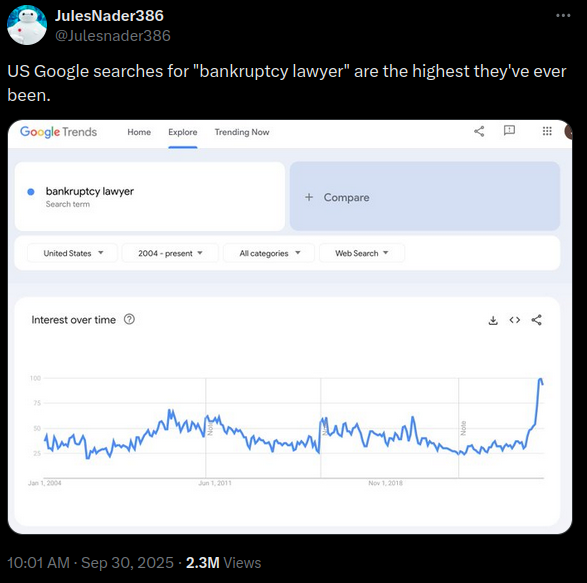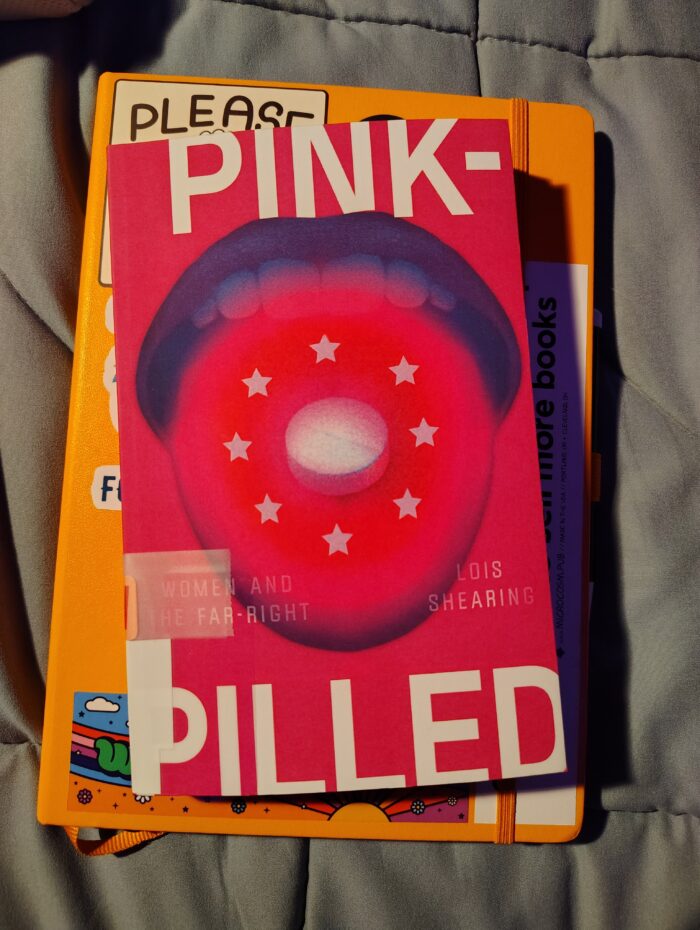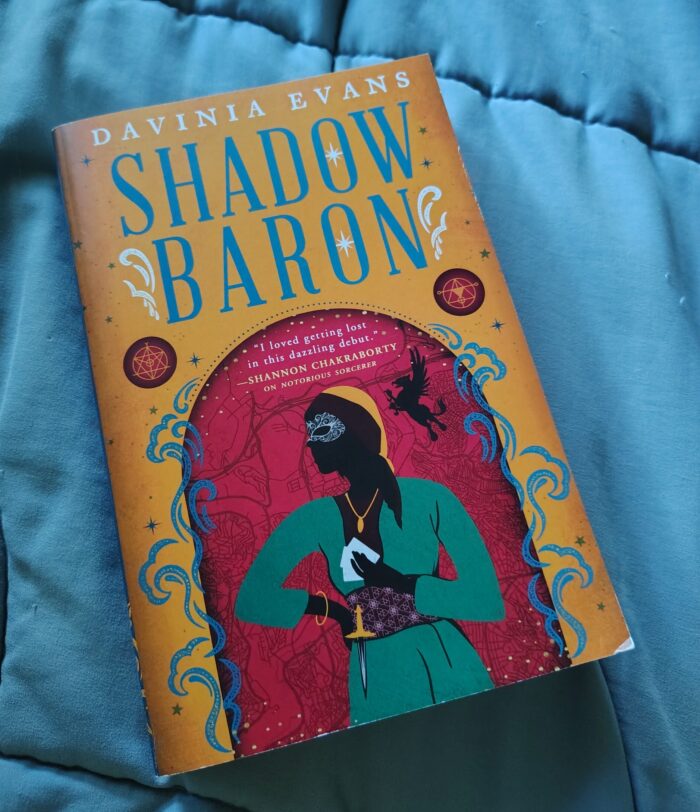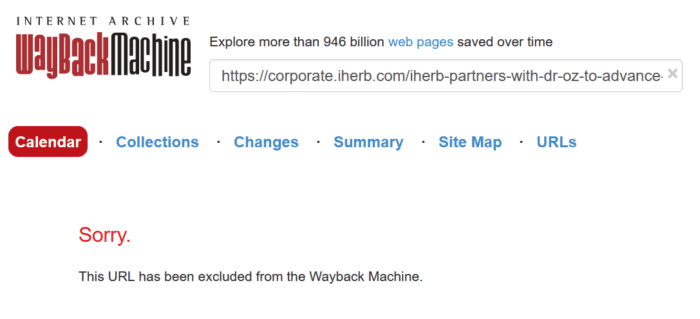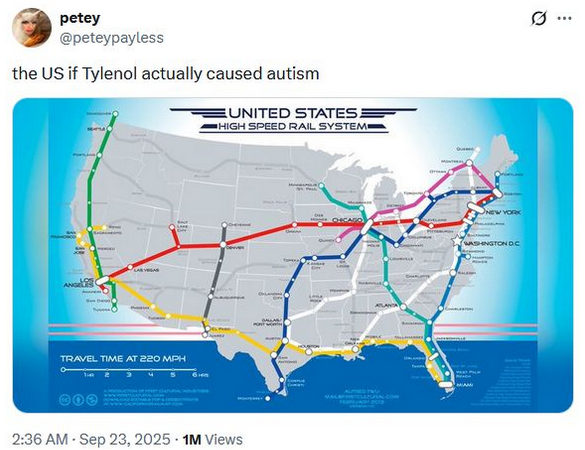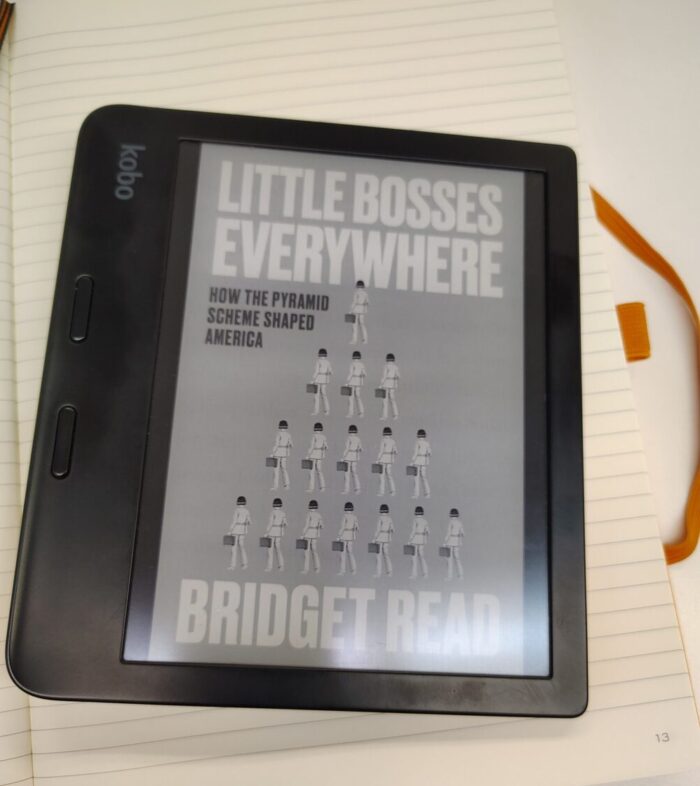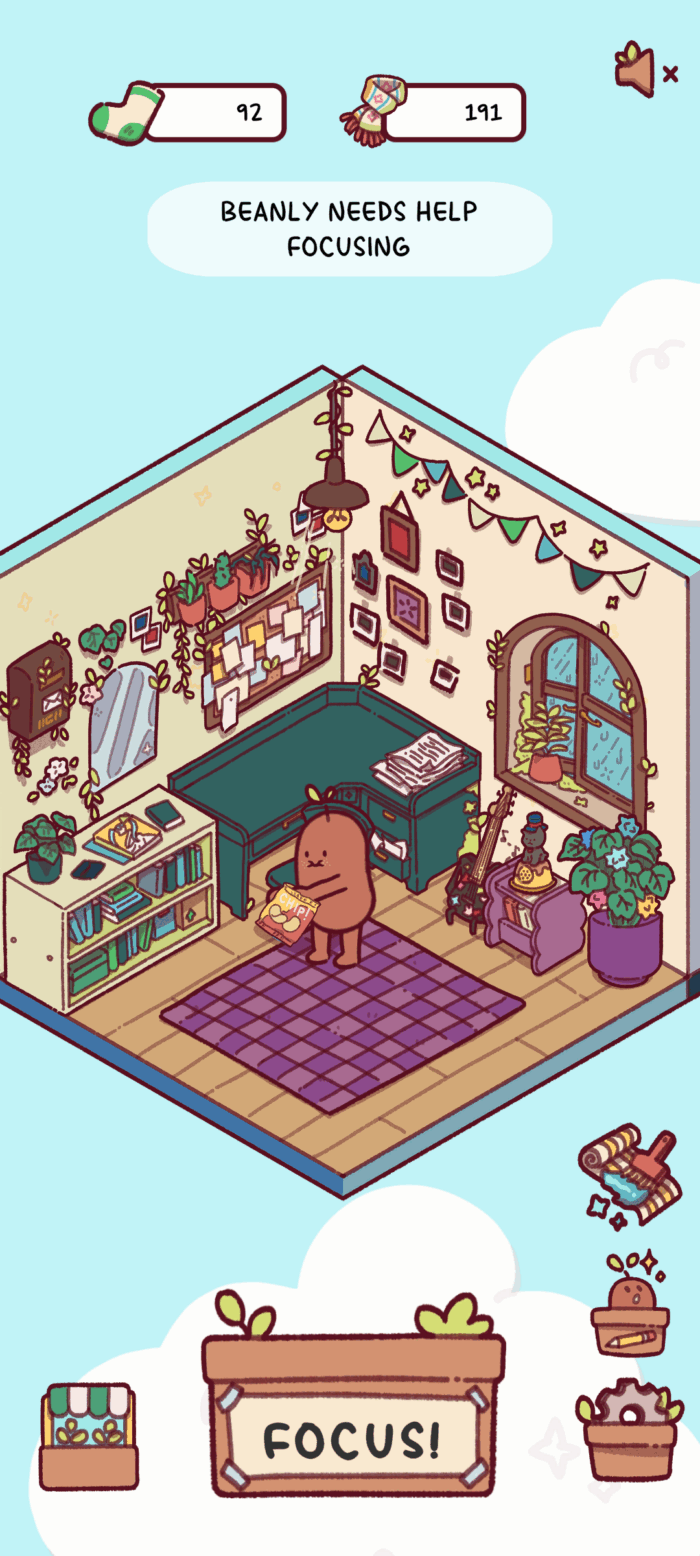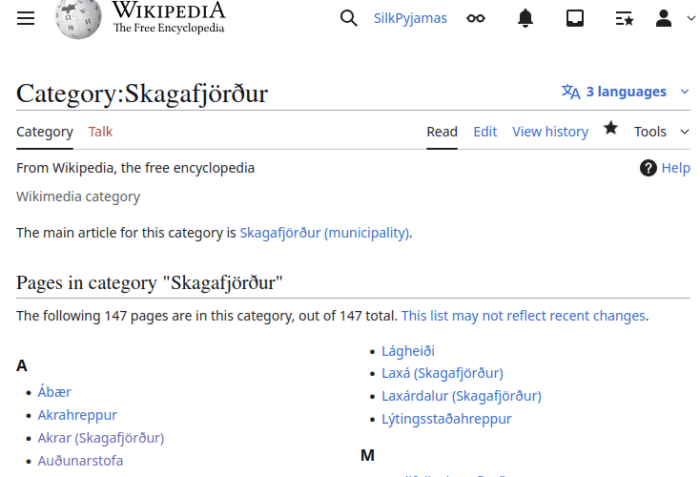Hello, friends and enemies. Let’s start with some knee news. I saw my doctor this week for a cortisone shot, which has really made me knee hurt less, so that’s great. The bad news is the doctor said I have fully worn out the cartilage in parts of my knee joint. I have unfortunately exhausted most of my lifetime supply of cartilage in just under 40 years, and once that shit is gone, it’s gone. The only options are to try not to do anything hard on the knees, get cortisone shots for the pain, and, eventually, get the knee replaced. However, knee replacement is not something anyone is keen to do until it’s absolutely necessary, and a replacement knee is only good for 15–20 years so it does not make sense to give a new knee to someone my age.
I’ve been moping a lot over this news because it really does suck. The doctor said I have to confine myself to low-impact exercise (swimming, biking, yoga, etc.), and that I should not be dancing. I think it is possible for me to do ballet and perhaps jazz class in a low-impact way, but I’m done tap dancing for certain and in ballet I won’t be able to do any jumps or fancy stuff, and I definitely won’t be able to go on pointe. It seems unfair that you can burn through your cartilage so quickly. I probably did get my money’s worth playing roller derby and lifting heavy weights, so at least I got to live a little, but it’s just a bummer knowing I’ve already lifted my heaviest lift and I won’t get to learn any fancy ballet jumps. My doctor said sometimes professional athletes also burn out their joints at a young age but they at least get paid for it. Alas, I ruined my body for free.


I know I won’t stay mopey forever, but for now I am still grieving a version of my life I thought I might live. It hurts every time more options get closed off due to disability, but I have already been thinking about what low-impact stuff I may do instead. Every medical professional has emphasized that it’s extremely important that you stay active when you have these sorts of problems, you just can’t be active in the wrong way (not a very simple thing to figure out). I think the only way forward is to make my upper body jacked as fuck. I am also reflecting on the fact that unicycling is a low-impact activity. We shall see what happens.
In better body-related news, I am getting my braces off before the end of the year! I have about three weeks to go before getting them removed. I have no idea why they originally told me it would take fifteen months; it has been six. We only had to bring my front teeth back in since those had gotten pushed outward over the years. My original orthodontia from when I was a teen seems to have done its job in the rest of my mouth. I’m very much looking forward to being done with this!
Current Events
I don’t know how to say this in a way that doesn’t sound like I wear a tinfoil hat, but we all have to get more critical of the information we take in and the source of the information. I saw this post circulating on instagram this week and it got me and I went and looked up the article.
The Guardian reports that “US navy knew of potentially dangerous levels of airborne plutonium in San Francisco for almost a year before it alerted city officials” and that “the plutonium levels exceeded the federal action threshold at the navy’s highly contaminated, 866-acre Hunters Point Naval Shipyard,” which is next to a residential neighborhood. They estimate that there are various radioactive and toxic substances there, including about 2,000 grams of plutonium-239, “one of the most lethal substances on the planet” and “the inhalation of one-millionth of an ounce will cause cancer with a virtual 100% statistical certainty.” This stuff will fucking kill you.
I don’t know and do not want to suppose that there is necessarily a link between the navy covering up this plutonium situation and the shoplifting panic that gripped us last year, but I do think it’s interesting to explore. You may recall that the media was so riled up about shoplifting last year that we had a statewide proposition about it. And there wasn’t really even a reason to be riled up, just cops and business owners going out and talking to the reporters and reporters generally repeating what they said without investigating. Prop 36, which I covered in my voter guide at the time, passed with a wide margin, and basically made the threshold for a felony lower. Shoplifting makes businesses upset, but it generally poses no real danger to the public (armed robbery is another matter but the panic was specifically about shoplifting). In contrast, this coverup is something that will almost certainly kill people but I would be surprised if it results in legislation or anything approaching the amount of press coverage the alleged wave of shoplifting received. We need better journalism and we need to shift our cultural understanding of what it means to enact violence.
Books and Other Words
After re-reading A Discovery of Witches, I continued with the next two books in the series: Shadow of Night and The Book of Life. They are both great books! I love Shadow of Night in particular because it’s set in the 16th century (because the protagonist is the rare kind of witch who can time travel) and Deborah Harkness is just great and writing a rich historical setting. More historians should be writing fiction!
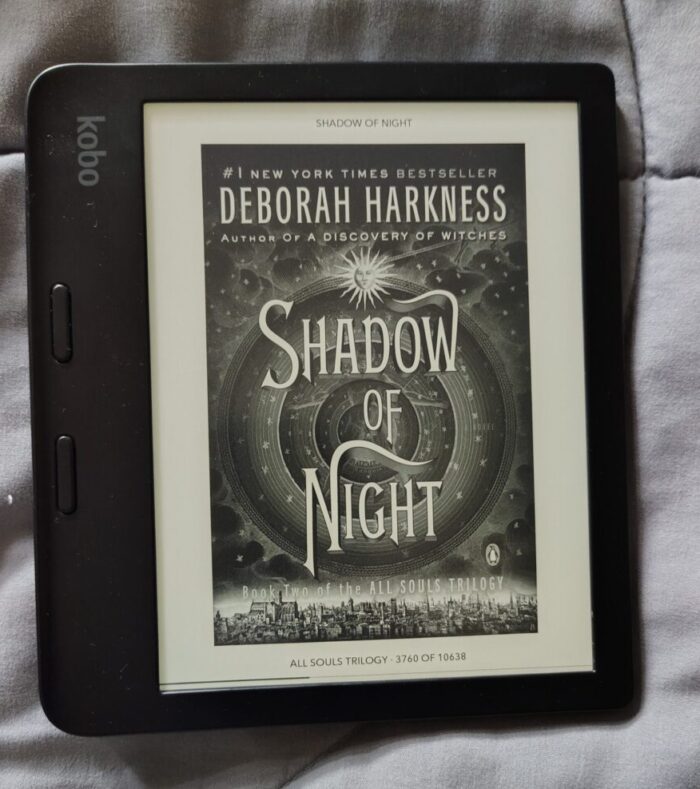
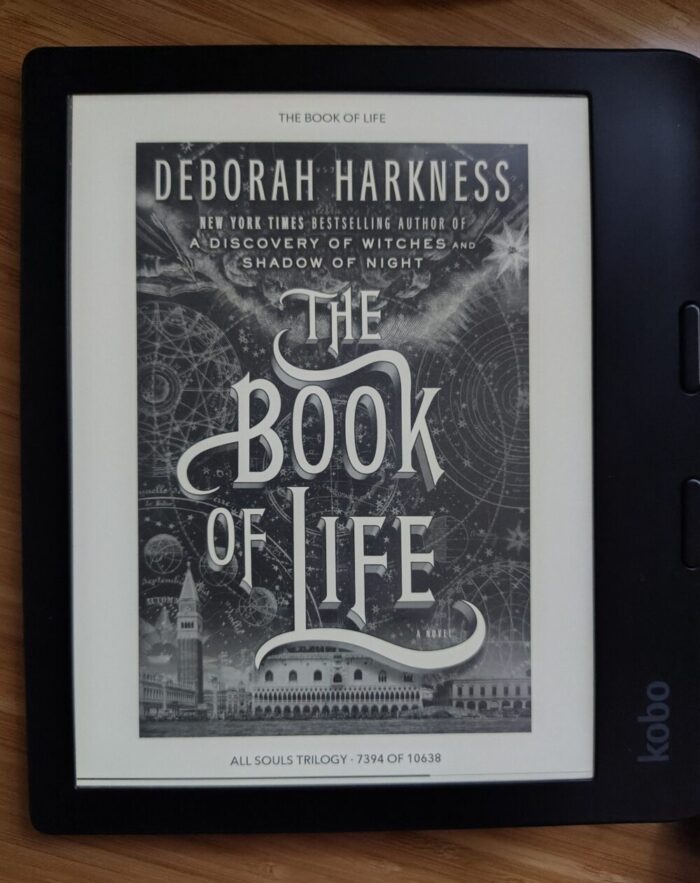
In more serious reading, I read The Destruction of Palestine Is the Destruction of the Earth by Andreas Malm. This book is actually a lecture that the author gave in 2024, about six months into Israel’s current escalation against the Palestinian people. Malm connects the destruction of Palestine with the issues we are facing globally regarding climate change, tracing the link between imperialism and fossil fuel consumption back to the British empire’s use of coal-powered steam engines, then charting the United States’ support of Israel as a way to secure access to Middle Eastern oil. Malm notes that the world’s militaries account for “more than five per cent of annual CO2 emissions”, and that’s not even factoring in the emissions generated from waging war and detonating bombs. As usual, these problems are connected.
Meanwhile, on the internet:
- More Articles Are Now Created by AI Than Humans via Five Percent. Fuck these “AI” companies for ruining our internet. Regular reminder that this website will never have anything AI on it if I can help it!
- It’s My Party and I’ll Leave When I Want To: Talking to the gerontocracy via the Intelligencer. It’s a breath of fresh air to see someone writing in depth about how our politicians are just too old! Several have died in office! A lot of these old politicians seem to have completely tied their identity to their job and can’t conceptualize who they would be without it. Others, it seems, are so old that they can’t imagine not having their staff to rely on. From the article, “The inability to see a path forward is one of the darkest aspects of our current quagmire. While the olds may think they are saving us by sticking around, what they are often doing is denying the future itself just when Americans most keenly long to be reminded that there is one ahead of us.”
- Peter Thiel dumps top AI stock, stirring bubble fears via The Street. This recession/depression is going to hit like a ton of bricks.
- The Eviction Kings via The Nation. This article is an investigation into a “major corporate landlord” named American Landmark and its practice of tacking on tons of fees and raising rents to get people to leave (or evict them). This kind of landlording is not an isolated case, but what makes this interesting is that American Landmark is owned by an Israeli company called Elco, and Elco is doing the same kind of shitty landlord behavior in the occupied West Bank. Wealthy people simply do not see people without money as human. It made me think about There Is No Place for Us: Working and Homeless in America by Brian Goldstone, which I read and talked about earlier this year. The whole system is corrupt and the point is to keep poor people poor.
- A New Reuters Report Illustrates the Right-Wing’s Media Takeover via The Present Age. From the article, “Let’s stop dancing around it. What Reuters documented isn’t some troubling trend toward state media. It is state media. When Newsmax host Rob Schmitt tells Reuters that conservative media figures drop stories because they fear “angering the White House,” he’s describing state media. When he says “a lot of conservative media obviously are very tethered to the president,” that’s not access journalism gone wrong. That’s state media.”
Rampant Consumerism
I hope no one is out there buying things simply for the sake of buying things this weekend. If you’re asking yourself “Should I buy myself something for Black Friday?”, I fear you have lost the plot. That said, I have found some things recently that I want to share. I bought this cat sumo toy for Fritz. It’s basically a really nice puppet designed for wrestling your cat without getting your hand destroyed. Fritz keeps trying to wrestle my hand (and I do indulge him for as long as I can stand it), so when I saw this I was like okay let’s try it. He seems to be having fun with it! The other thing I got recently is another piece of art from Emily Dunlap. I was immediately obsessed with this black cat in the celestial witchy 90s cafe. I don’t know … it speaks to me. It has joined my office decor alongside its sister, the ice cream sundae kitten.

Computer World
Last time, I wrote a bit about trying to extricate myself from Google. 404 Media recently reported that Google is now “hosting a Customs and Border Protection (CBP) app that uses facial recognition to identify immigrants, and tell local cops whether to contact ICE about the person, while simultaneously removing apps designed to warn local communities about the presence of ICE officials.” This is an act that has Google firmly coming out on the side of authoritarianism and it is frankly disappointing. I mentioned previously that I am trying out Proton as a replacement for Google drive and calendar. Unfortunately, it’s not working that well. I can’t edit spreadsheets in Proton drive, which is a little annoying because I like to keep my recipe spreadsheet on there so other people can look at it and so I can find recipes if I’m out of the house. I think I’ll have to switch to using an offline copy and uploading a backup to Proton periodically. I also learned that you can’t have multiple people editing a document on Proton drive like you can on google, which is not going to work for me since that’s how we review my writing in my Spanish class. If anyone has some good alternatives for this kind of stuff, please let me know!
Moving It
My next dance recital is coming up on December 20 and it will be your last chance ever to see me tap dance. If you want to go, you can get a ticket here: https://www.etix.com/ticket/o/10638/galaxydancearts
Kitchen Witchery
Of course I went all out for Thanksgiving. My mom, my sister, and my sister’s friend came to visit. I did my usual spread, so I am not posting pictures of every single thing, but I do want to highlight these beautiful rolls and the new bean recipe I made: heirloom bean gratin with panko-herb crust, which came from Rancho Gordo. I am excited that I have a lot of turkey leftover this year so I can cook with it. It seems like after the whole event, sending people home with food, and a couple of nights of leftovers, I never have much left but this year I have a lot. I’m going to make soup with it tonight! Finally, this is not a Thanksgiving recipe, but I wanted to share that I made pumpkin pancakes this morning and they were delicious.






Cat Therapy
Finally, here are some cat photos for your nerves. Just look at this guy.











